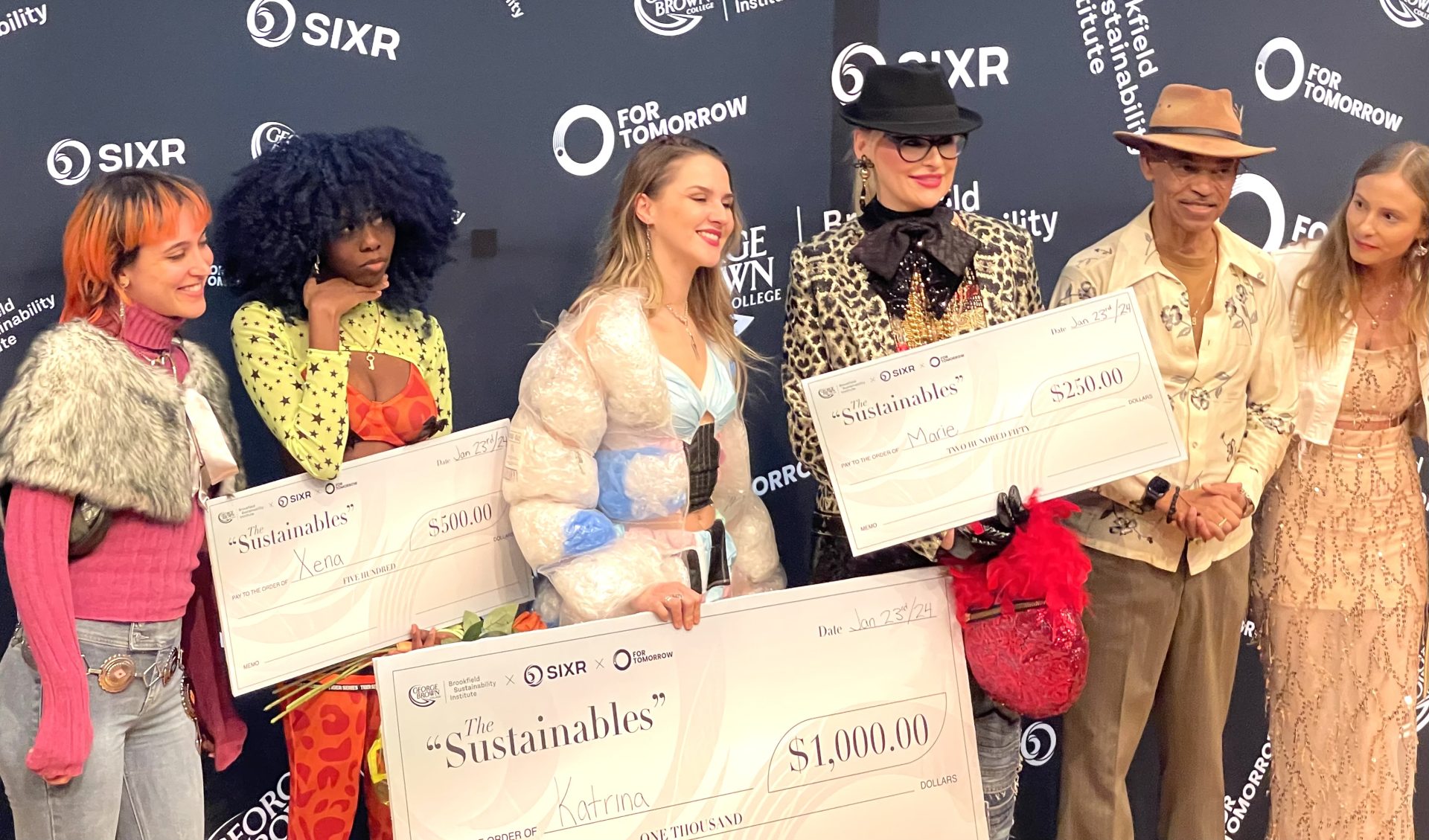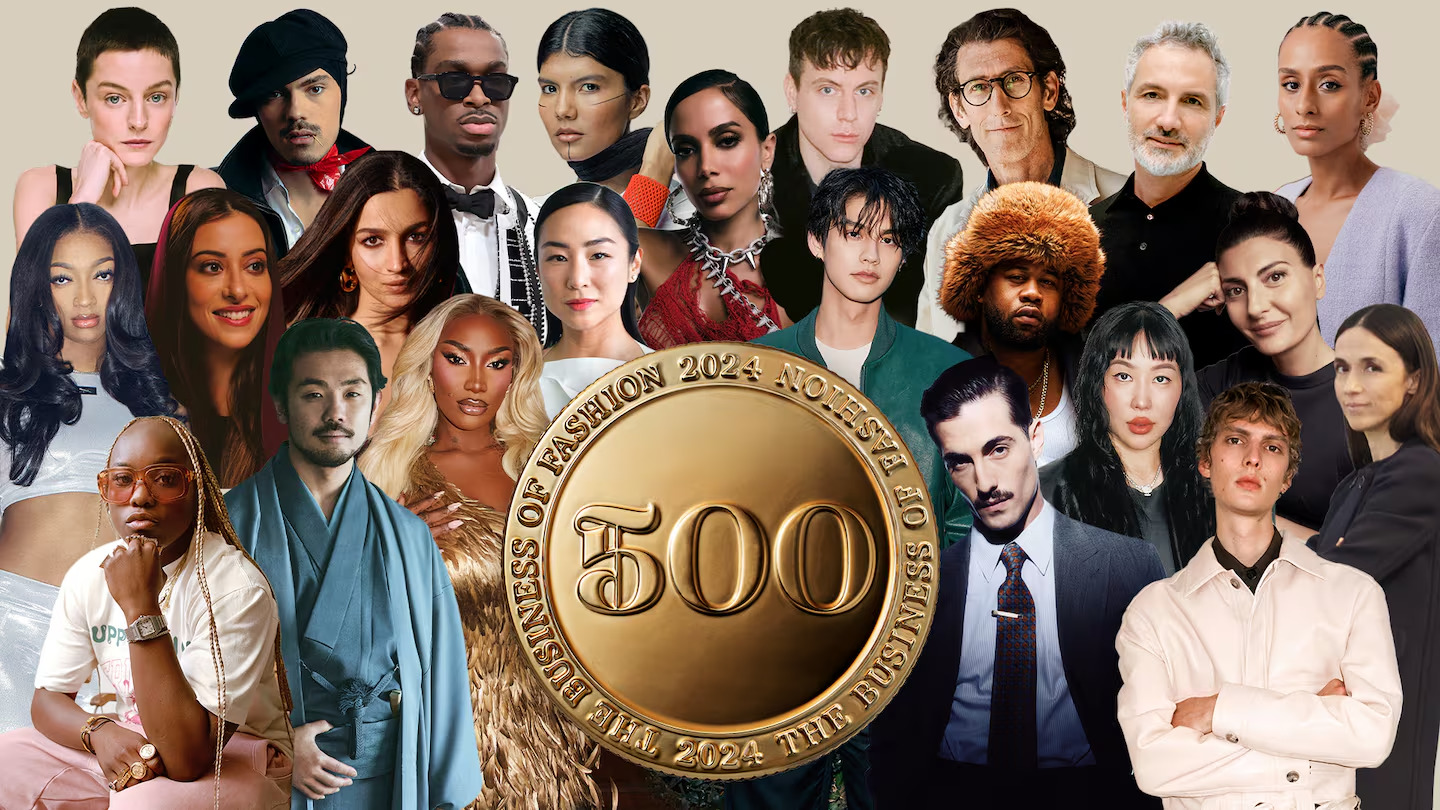Unveiling the Sustainable Fashion Revolution
Sustainable fashion is an approach to designing, manufacturing, and consuming clothing that prioritizes environmental, social, and ethical considerations. It aims to minimize the negative impact of the fashion industry on the planet and its inhabitants, fostering a more responsible and conscious approach to the entire lifecycle of clothing.
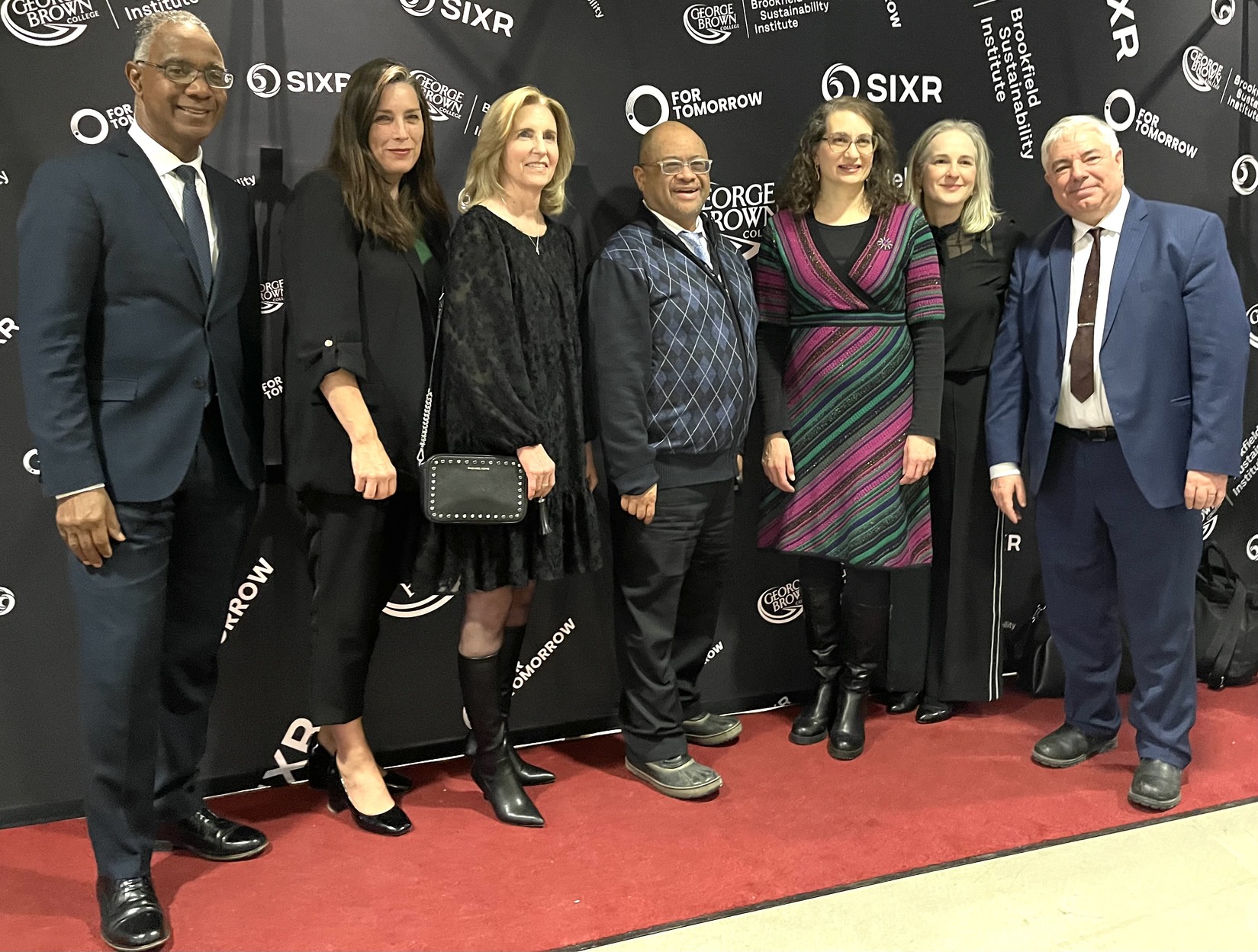
The Fast Fashion Crisis:
'The Sustainables' event, presented by George Brown College and Sixr.world with the Canadian International Fashion Film Festival as a community partner, sheds light on sustainable fashion practices. Industry leaders Mr. Roger Gingerich and Tania Tonello host this event in Toronto, Canada.
Event Spotlight: 'The Sustainables':
'The Sustainables' event, presented by George Brown College and Sixr.world with the Canadian International Fashion Film Festival as a community partner, sheds light on sustainable fashion practices. Industry leaders Mr. Roger Gingerich and Tania Tonello host this event in Toronto, Canada.
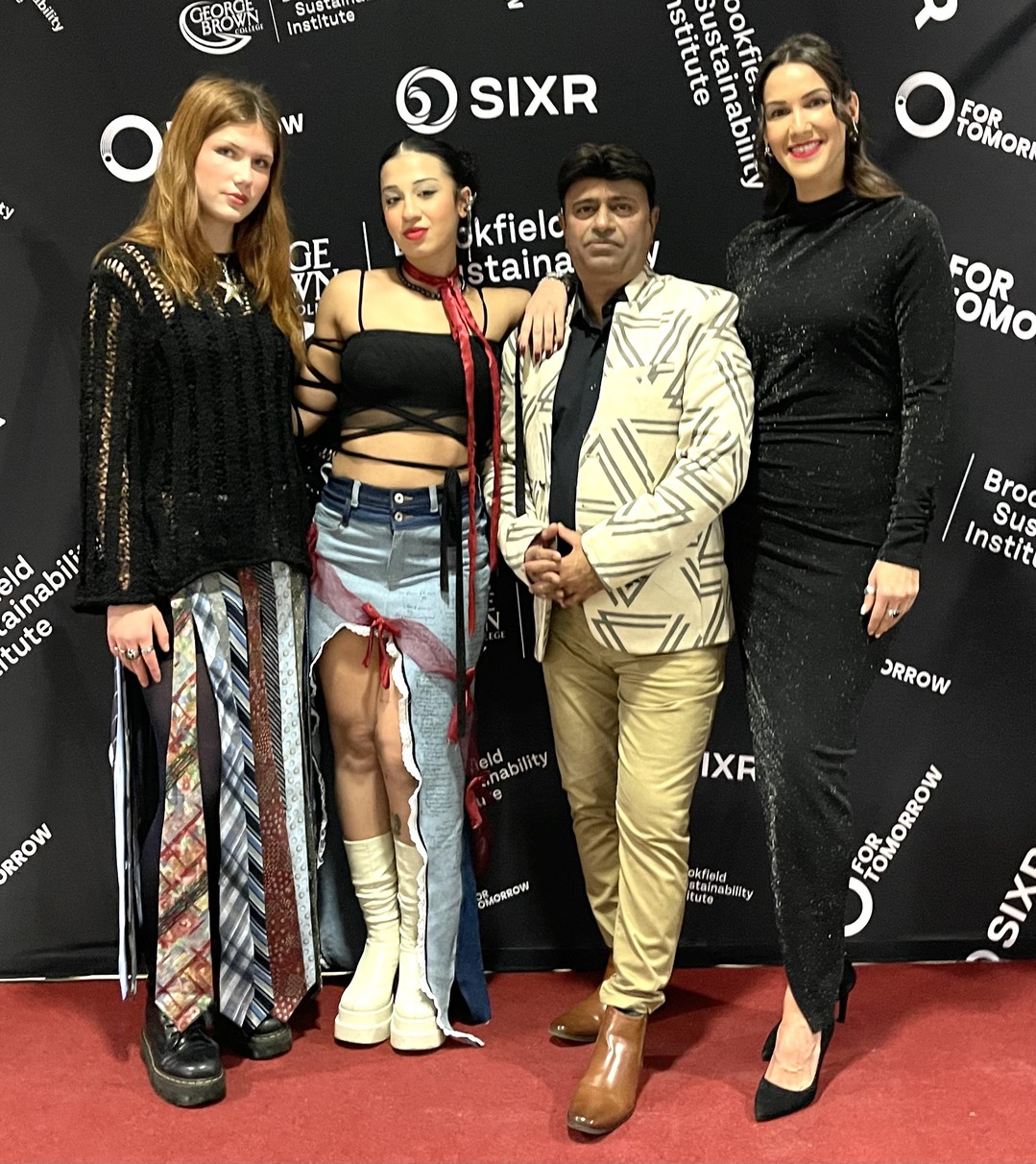
Key Aspects and Practices within Sustainable Fashion:
1. Ethical Labor Practices:
- Fair Wages: Ensuring fair compensation for workers in the fashion supply chain.
- Safe Working Conditions: Providing safe and healthy environments for garment workers, free from exploitation and discrimination.
2. Environmentally Friendly Materials:
- Organic Fabrics: Choosing materials like organic cotton, linen, or hemp, grown without harmful pesticides and chemicals.
- Recycled Materials: Incorporating recycled fibers from post-consumer waste into clothing production.
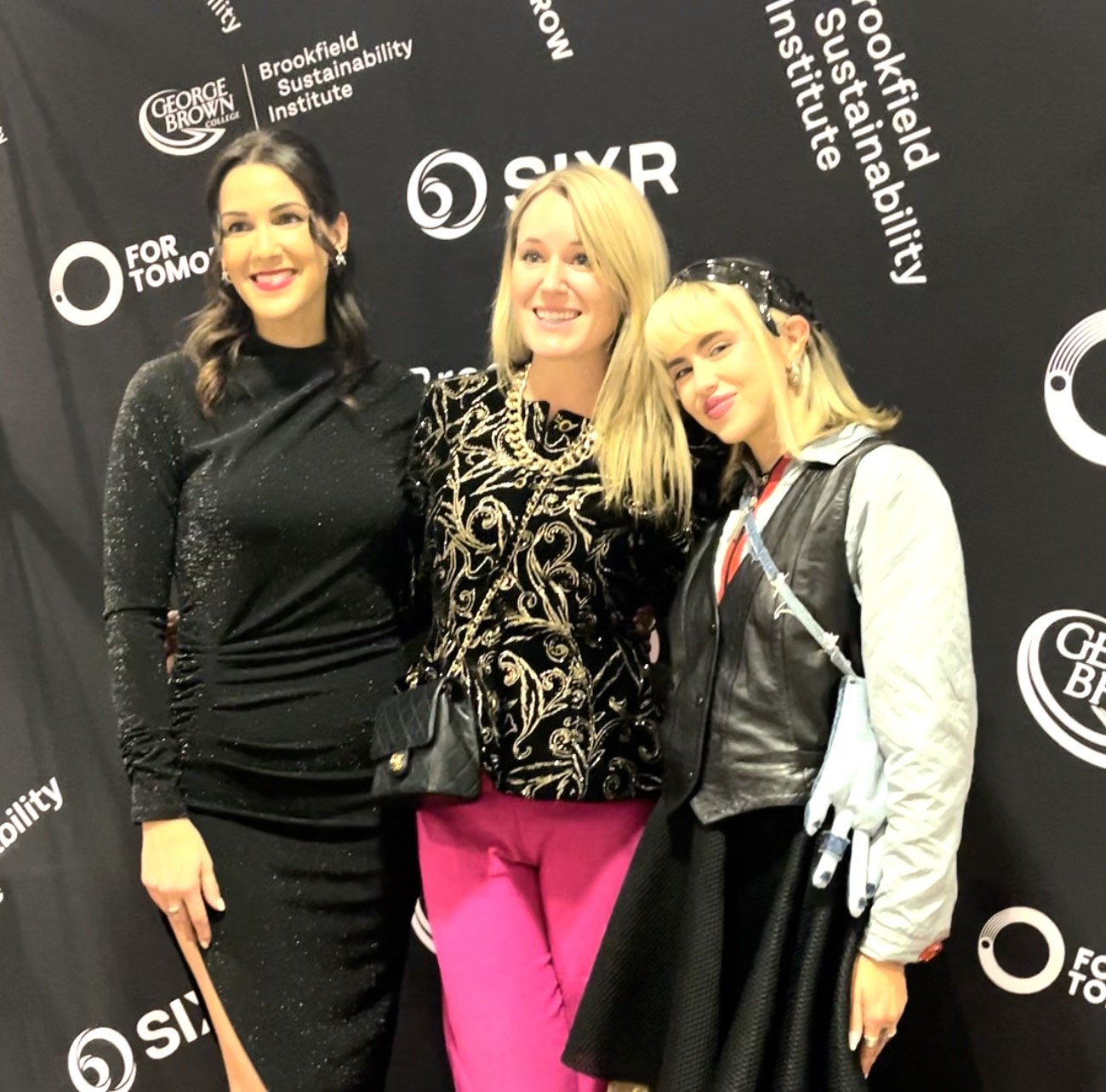
3. Reduced Environmental Impact:
- Water Conservation: Implementing water-efficient processes in dyeing and finishing textiles to reduce consumption.
- Low-Impact Dyes: Using dyes with lower environmental footprints compared to traditional methods.
- Energy Efficiency: Adopting energy-efficient technologies to minimize carbon emissions during production.
4. Circular Fashion Economy:
- Recycling and Upcycling: Encouraging the recycling of old clothing and creating new garments from existing materials.
- Extended Product Lifespan: Designing durable and timeless pieces to resist trends and encourage long-term use.
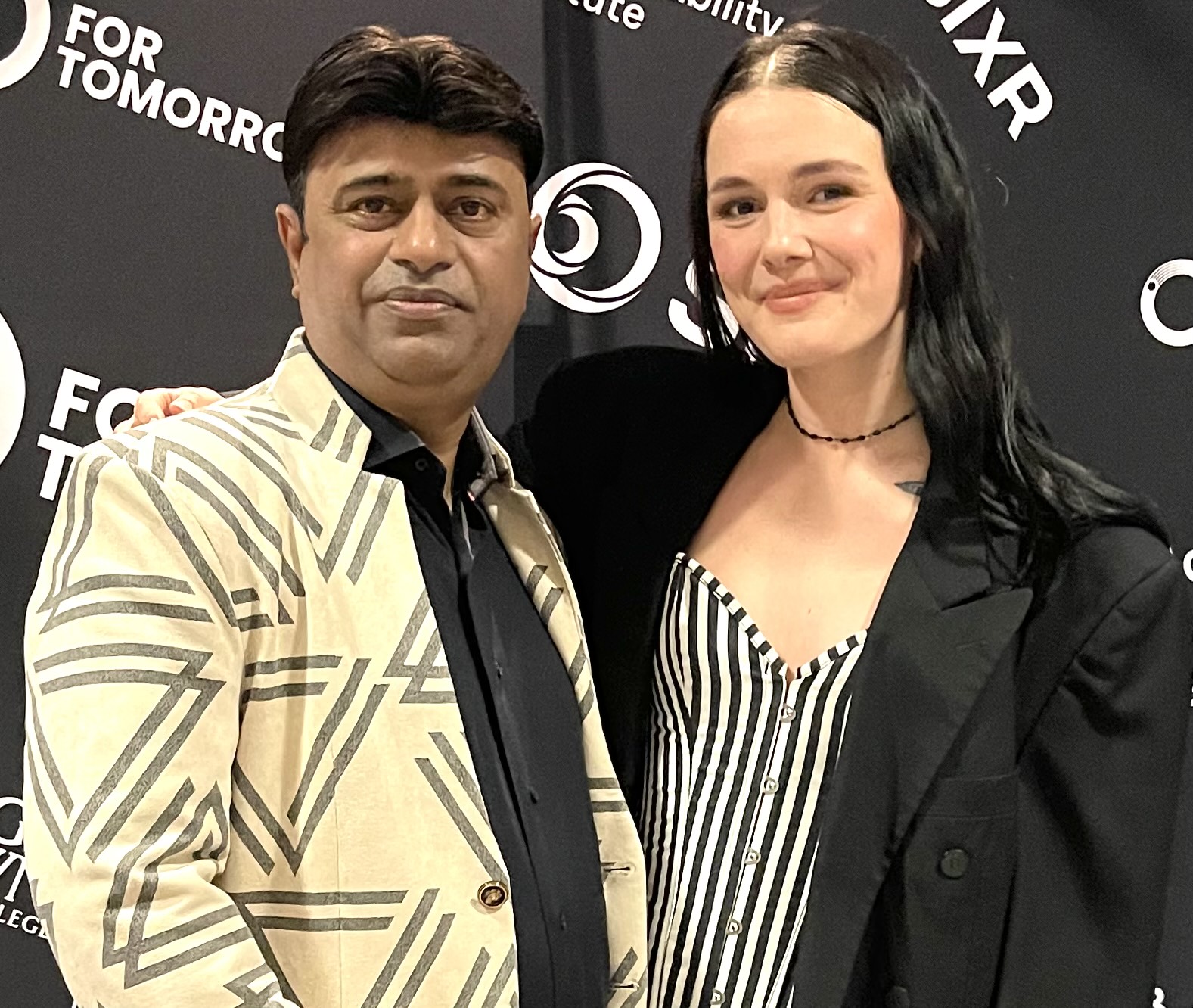
5. Transparency and Traceability:
- Supply Chain Transparency: Providing consumers with information about the entire supply chain, from raw material sourcing to distribution.
- Traceability: Ensuring the traceability and verification of materials and manufacturing processes.
6. Slow Fashion Movement:
- Quality Over Quantity: Promoting the purchase of fewer, high-quality, and durable clothing items.
- Conscious Consumerism: Encouraging consumers to make informed and mindful choices, considering the impact of their purchases.
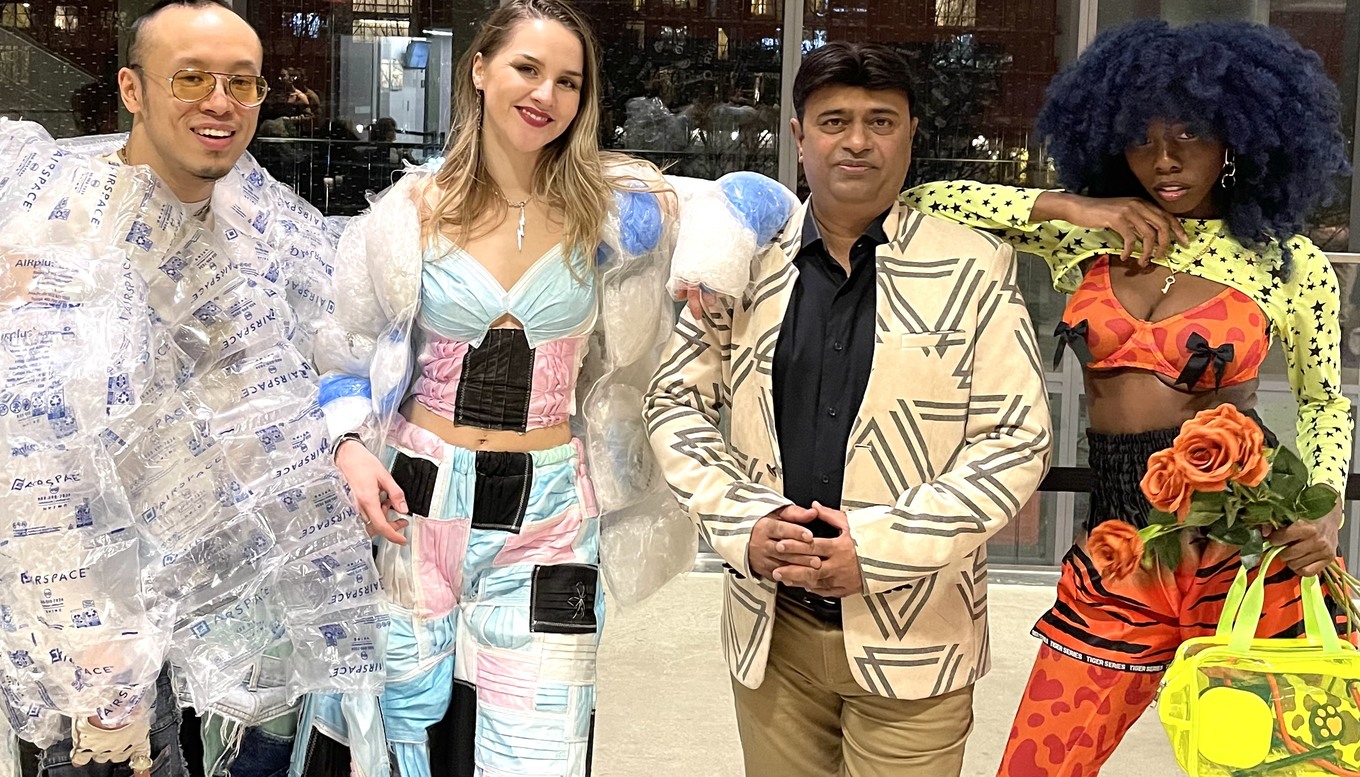
7. Innovation and Technology:
- Sustainable Fashion Tech: Exploring technologies like 3D printing to reduce waste and create sustainable production methods.
- Biodegradable Materials: Researching and implementing materials that decompose naturally without harming the environment.
8. Social Impact and Inclusivity:
- Diversity and Inclusion: Embracing diversity in advertising, design, and representation to create an inclusive fashion industry.
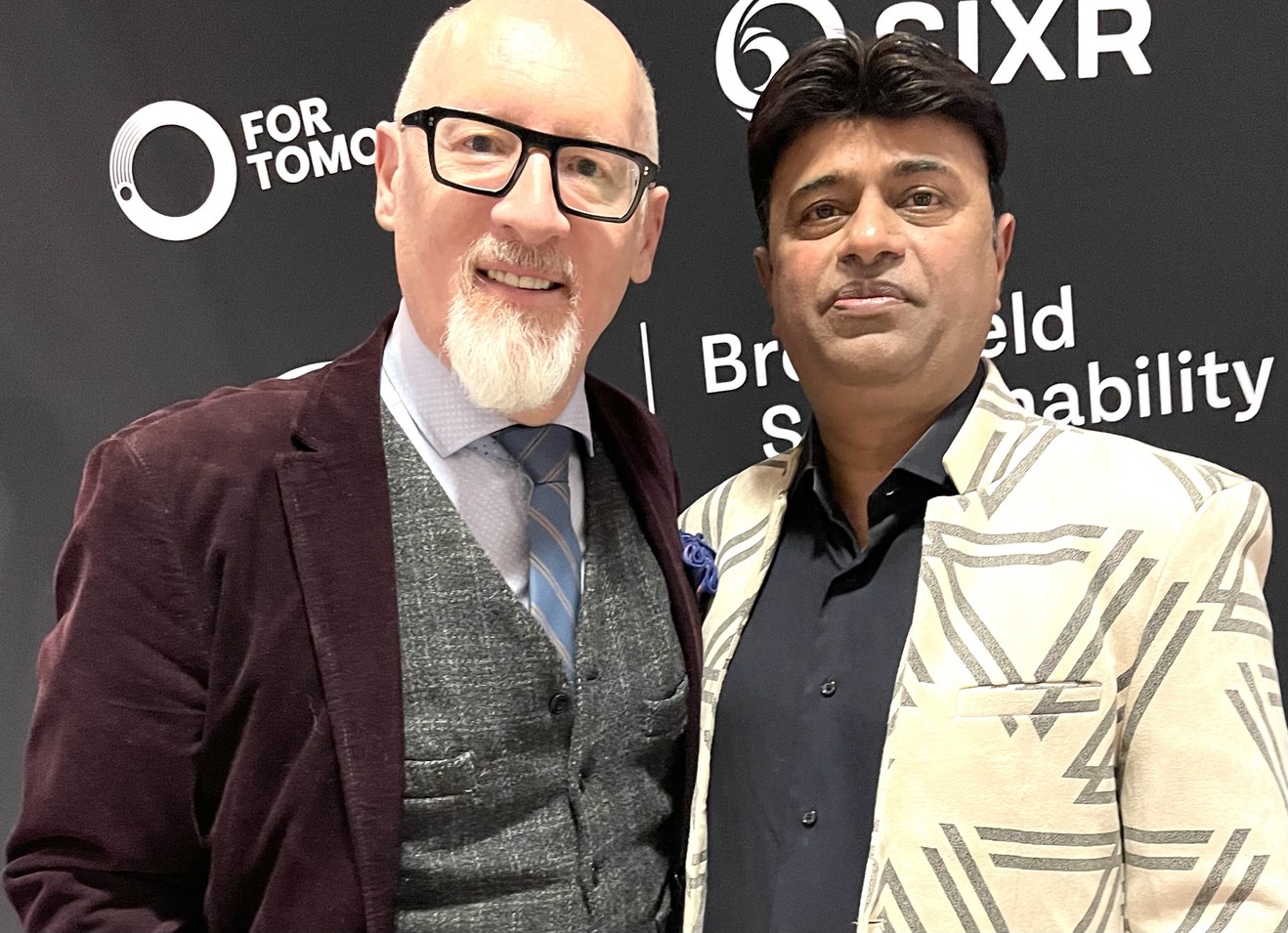
Wrapping up
The sustainable fashion industry continues to evolve as more brands and consumers recognize the importance of ethical and eco-friendly practices. It requires a collective effort involving designers, manufacturers, retailers, and consumers to create a fashion ecosystem that respects both people and the planet.
Special Report: Mehboob Ali Shaikh
Toronto, Canada




